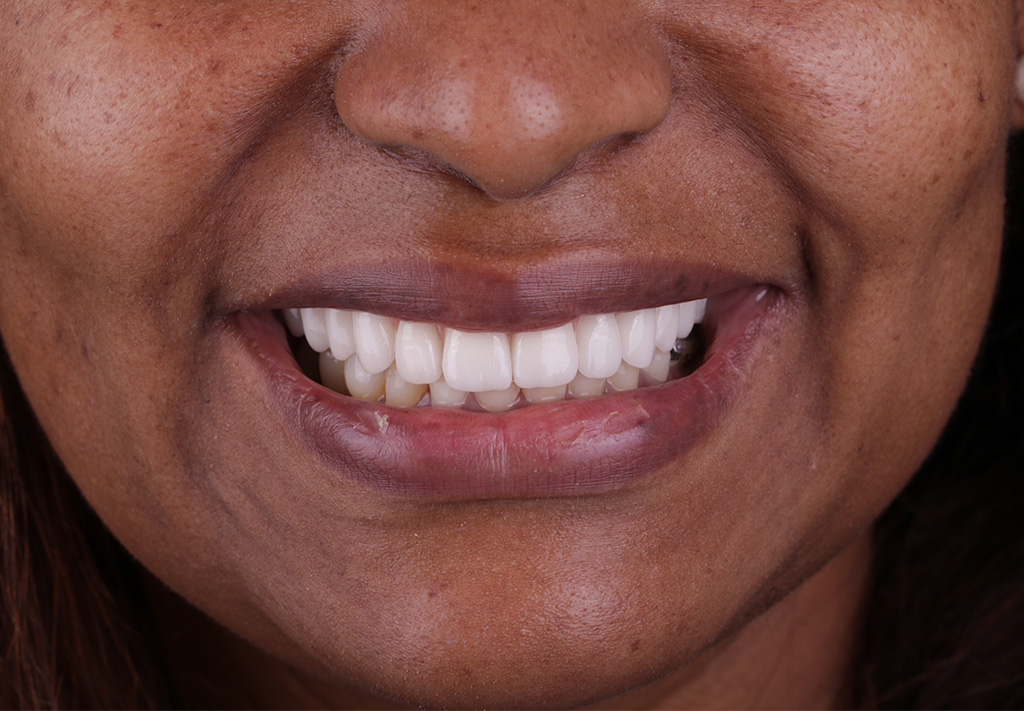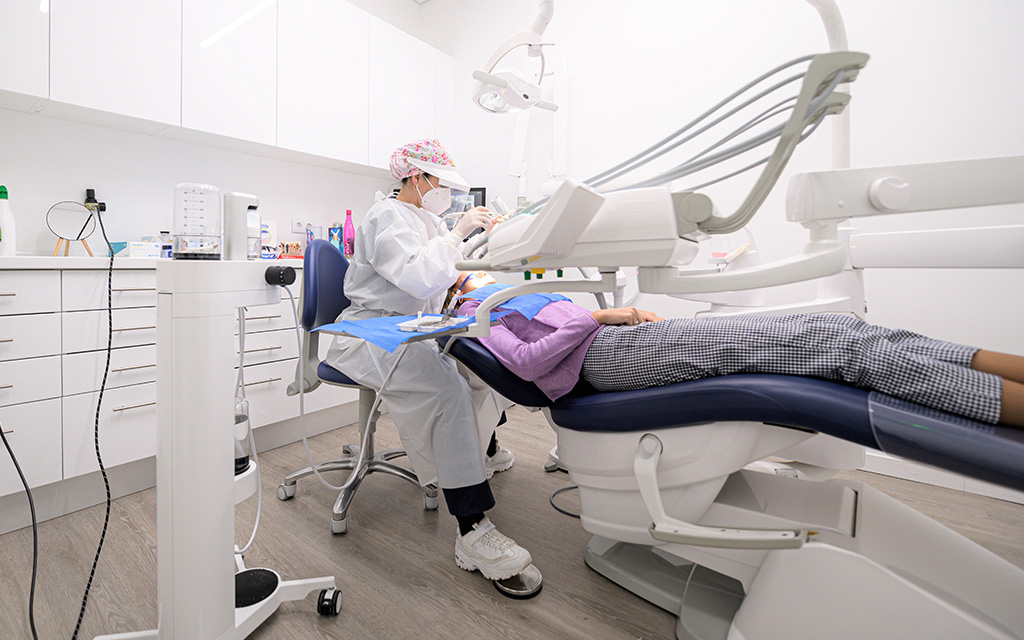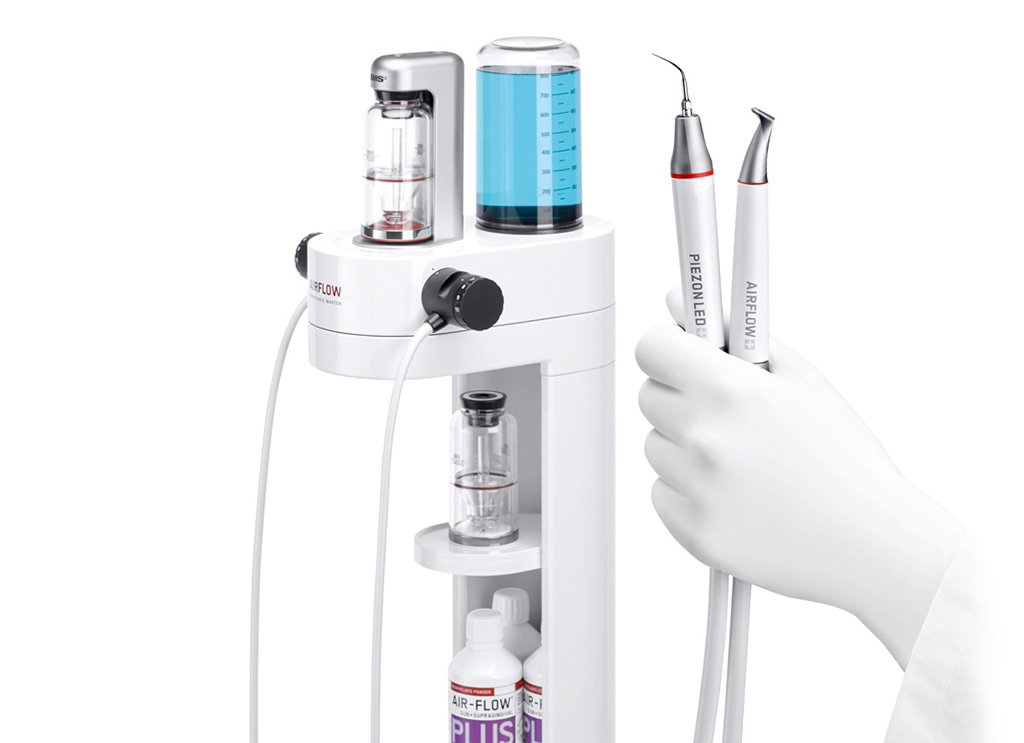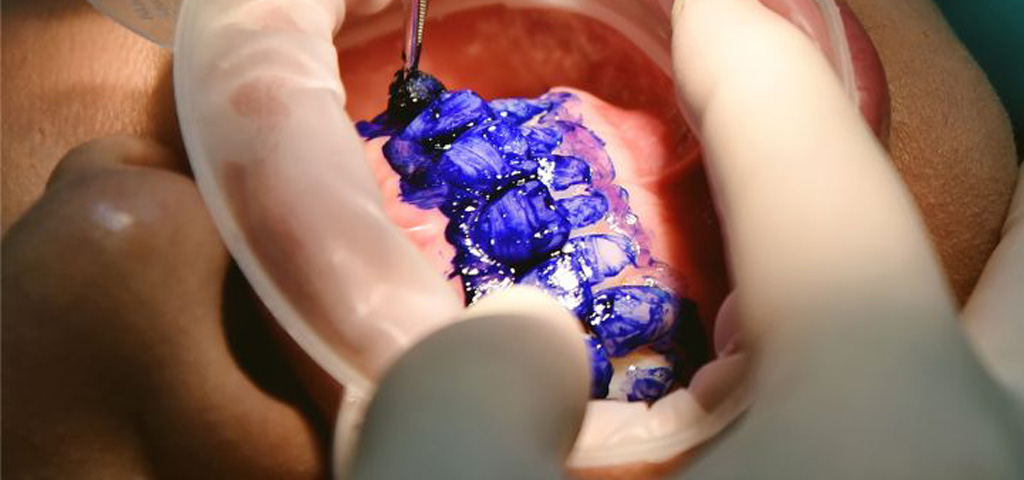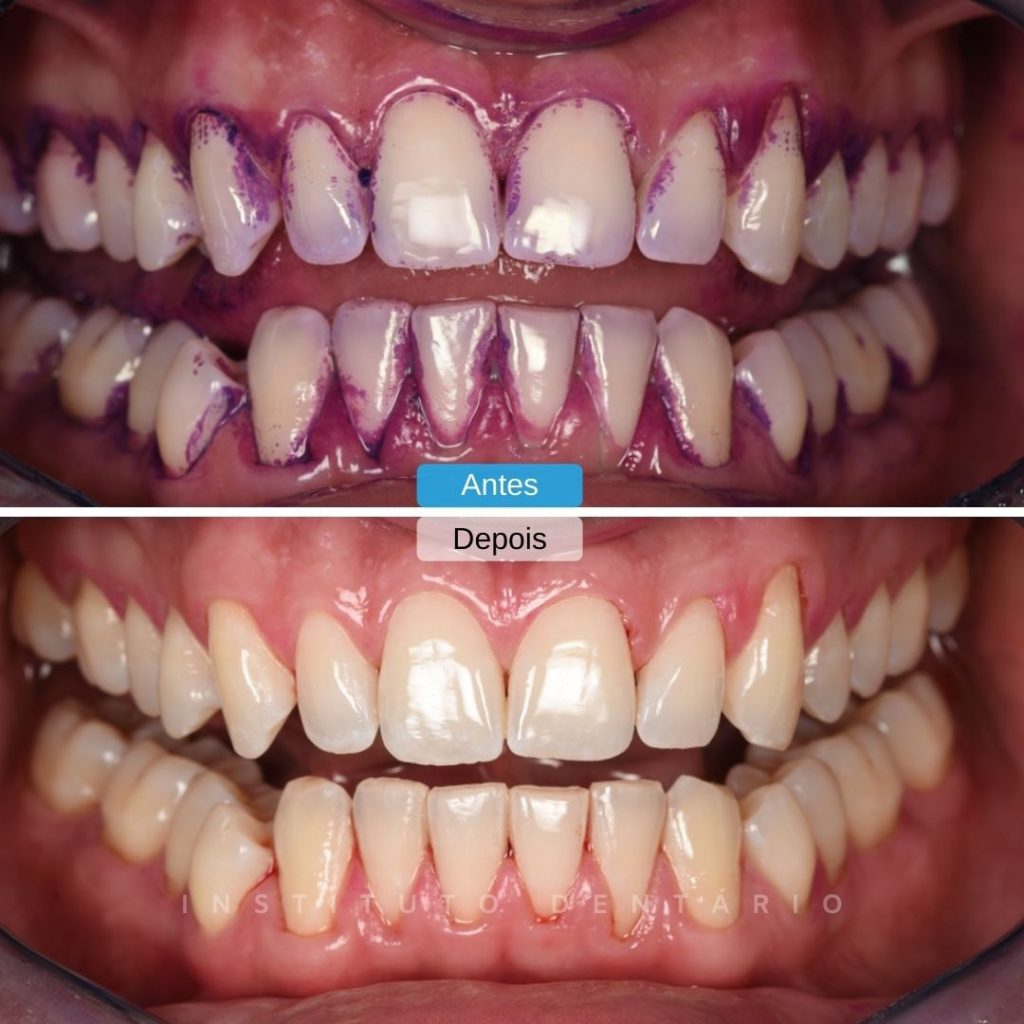Faq
Visits to the oral hygienist should be regular, at least every six months, in order to guarantee a healthy smile.
Oral hygiene care recommended by the Oral Hygienist should also be maintained at home, such as brushing correctly at least twice a day and using dental floss and/or brushes in order to effectively eliminate food residue that accumulates on the teeth and gums.
In addition to screening for caries lesions, gum disease and other pathologies, all other dental treatments are assessed in order to diagnose and refer any complications at an early stage.
Scaling is also carried out with an ultrasonic device to remove plaque and tartar from the tooth surfaces, followed by prophylaxis and fluoride application.
Consultations end with education and the promotion of good oral health habits.
The best toothbrush is the one with which the patient can perform oral hygiene most effectively. It can be manual or electric and should have a handle and head size that suits the patient.
When choosing a toothbrush, it is important to opt for bristles that dry quickly, are rounded and have a soft degree of hardness. The softer the filaments, the more effective they are at removing plaque and the less they wear down the tooth surface and gums.
Interdental brushes are small brushes used as a complement to normal brushing to clean the hard-to-reach spaces between teeth.
They come in various shapes and sizes, varying in diameter and shape, and must be properly adapted by the dentist or oral hygienist.
Clinical Cases
CONTACT
Schedule yout Appointment
Leave your contact details and we’ll book your appointment within 24 hours.

